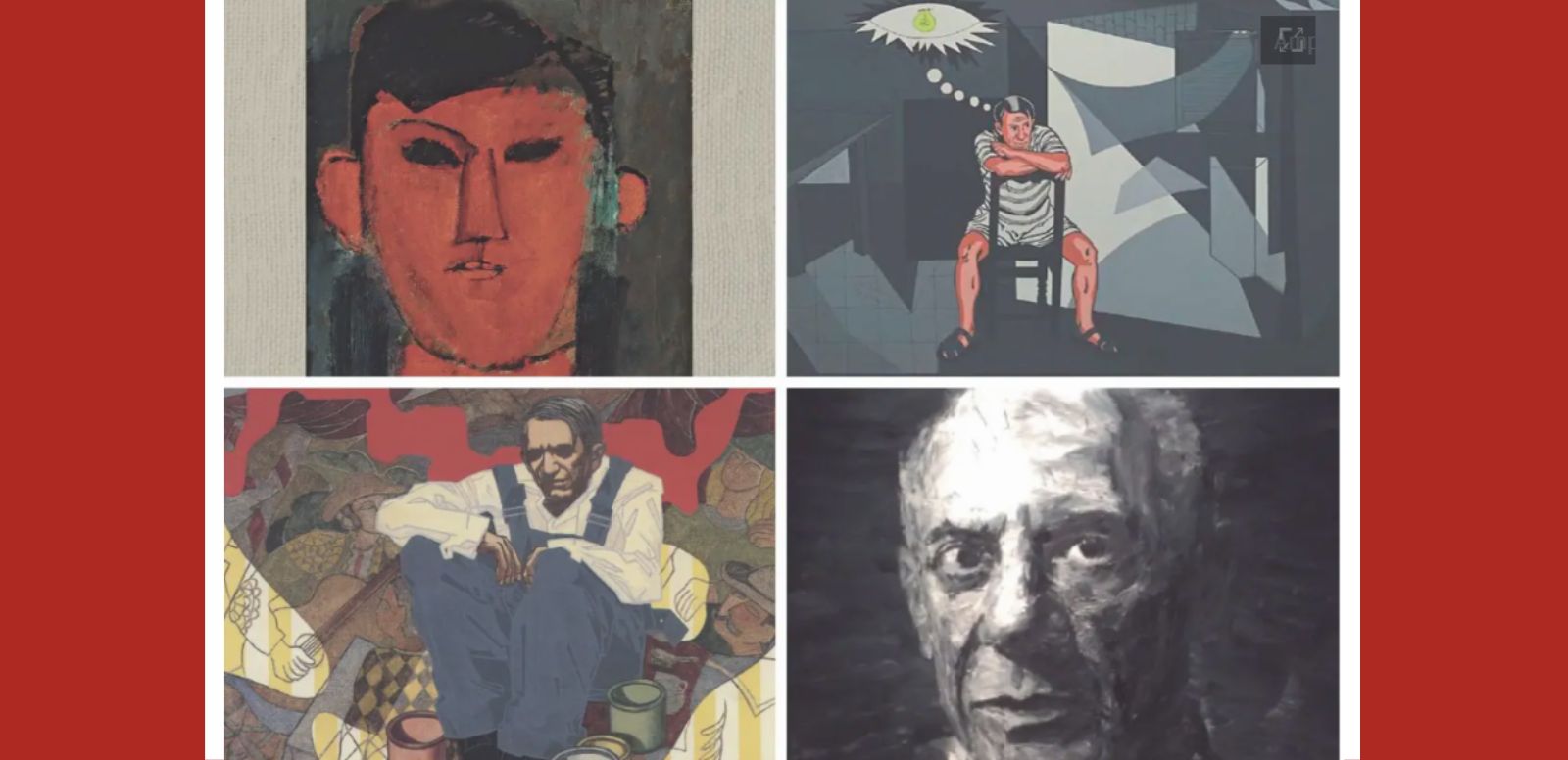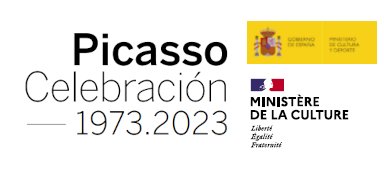
The publication launches a monograph with the challenge of bringing new perspectives on an artist of whom almost everything has been written.
Caballero Bonald, in one of his many displays of lucidity, asked himself: "Who can be so smug as to pretend to have the last word on Picasso?" Because he may be the most celebrated artist of all times, the one who has produced the most and generated the most analysis, but there is always something left to say about him. The magazine 'Litoral' takes on the challenge of writing the penultimate word -never the definitive one- with a monographic issue on the Malaga painter. 'Picasso de nunca acabar' brings together the reflections of writers like Antonio Jimenez Millan, critics like Juan Manuel Bonet and experts on the artist like Rafael Inglada with a careful graphic selection.
"Picasso was a man who had no limits and therefore will never have an end", defends in his editorial Lorenzo Saval, the captain in command of 'Litoral'. The title of this edition, as editor Antonio Lafarque explains, "is a eulogy that hides a small charge of depth". And he explains: "So much has been written, exhibited, engraved and said about the artist that the effort to make a discovery is (almost) useless". Aware of that reality and from the "humility", the Malaga magazine makes an approach to the genius from different flanks portraying the declassed Picasso (Pedro G. Romero), the combative and Spanish (Miguel Cabañas Bravo), the countercultural (Fran G. Matute), the writer (Jiménez Millán), the one who found in bullfighting an element of identity (Carlos Ferrer Barrera) and even the one who wanted to make movies (Luis E. Parés), among many other 'Picassos'.
This edition, which has the support of the Ministry of Culture and the City Council, also invites six authors from Malaga from different generations to contribute their perspective on a work by their fellow countryman. They range from the story of the young Cristina Angélica from 'Nude with crossed legs' to Inglada's memory of Picasso's last brushstroke in 'Nude woman lying down and head', as well as the theatrical libretto sketched by Ángelo Néstore with 'Flower woman'. Then follow poems and texts that have referred to the artist over the years, such as 'Suelo primero del parque' by Manuel Alcántara or 'Balada de Les demoiselles d'Avignon' by Rafael Alberti. All sprinkled with illustrations and oil paintings dedicated to the painter by Jean Michel Basquiat, Fernando Botero, Eugenio Chicano, Salvador Dalí, Equipo Crónica, Yukimasa Ida, Amadeo Modigliani and Yan Pei-Ming, among many others.
A historic relationship
It was Jose Guirao, former Minister of Culture and commissioner for the fiftieth anniversary of Picasso's death, who before his passing encouraged 'Litoral' to take on this challenge. A magazine dedicated to art in the broadest sense of the word and to his land had to join the celebration. Because, in addition, there is a close relationship between the two. As Saval recalls, Picasso's first encounter with 'Litoral' was in the twenties of the last century in that historic tribute to Luis de Góngora that launched the publication. At the end of the sixties, the first issue dedicated entirely to Picasso appeared. "The painter later rewarded us with a series of drawings and dedications from Rafael Alberti that have been, at times, a flag in the wind in the magazine's trajectory," Saval recalls. More special issues would follow, such as the one congratulating him on his 90th birthday and the one commemorating the centenary of his birth.
This latest monograph tries to go a step further and does not dodge the controversy that also surrounds Picasso, the necessary revision (not cancellation) of his figure and the 'picassization' of everything imaginable. In this sense, it is very interesting the reflection that historian Eugenia Tenenbaum leaves in her article 'What can we learn from Picasso': "What we can learn from Picasso is that it is just what we do not say, just what we do not talk about, just what we do not recognize, the most interesting and novel thing he has to offer us. Everything else is repetition, circumvallation and permissiveness".
Read the entire article here

